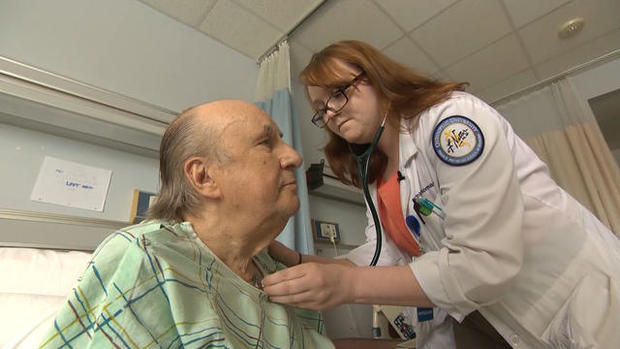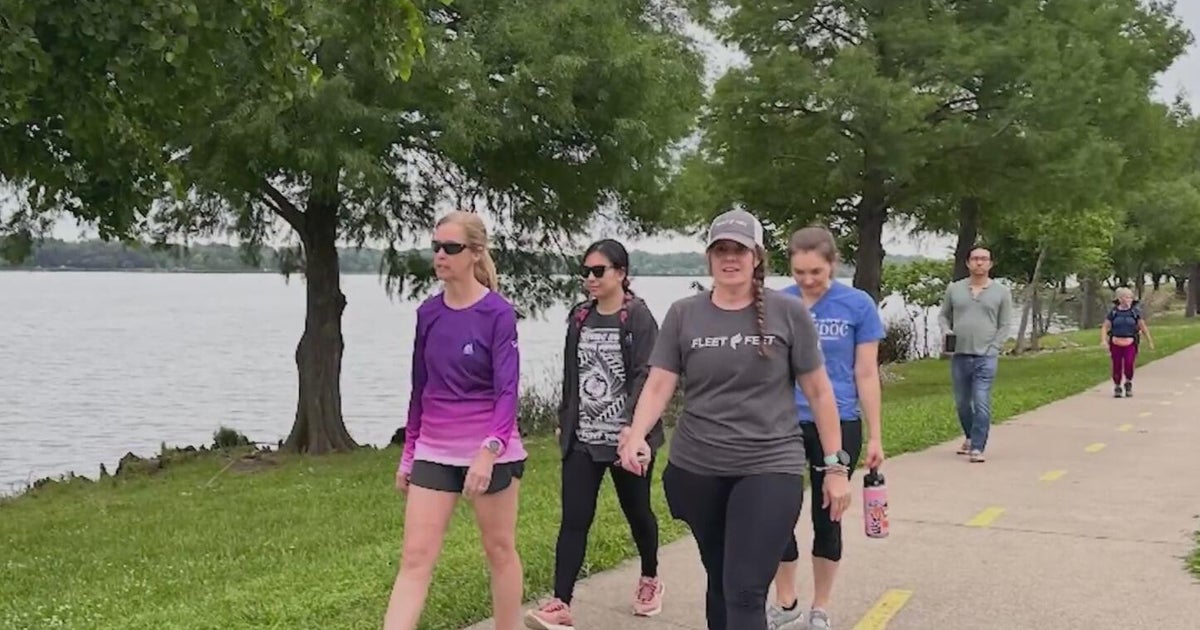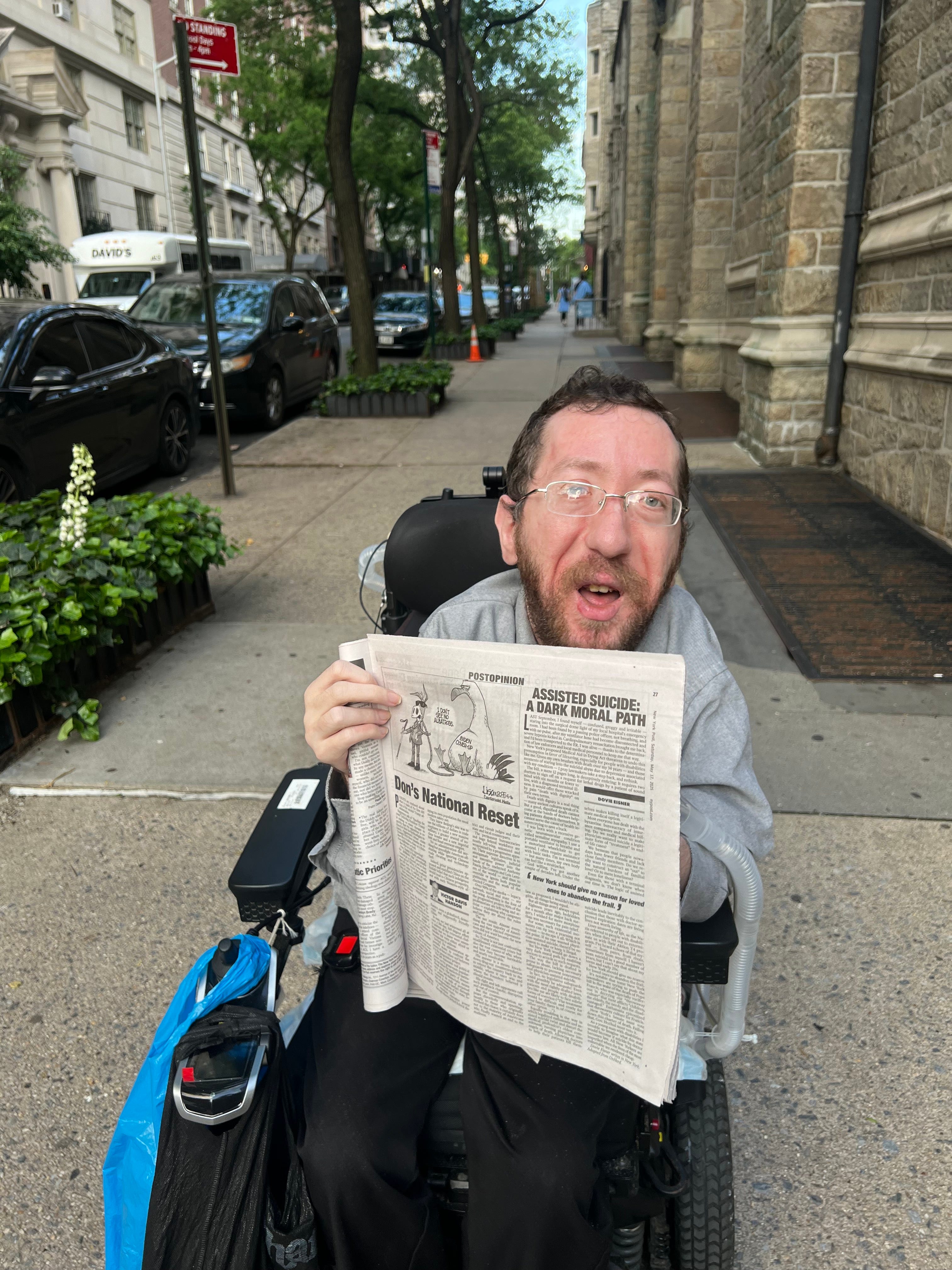Shortage of primary care physicians could threaten patient care
The demand for primary care physicians in the United States continues to grow faster than the supply.
According to some estimates, by the year 2025, there could be a shortage of up to 35,000 primary care doctors. By 2030, the shortfall could total anywhere from 40,800 to 104,900 doctors, making it harder for patients in many communities to get the care they need.
That future shortage is especially troubling due to the growing needs patients are expected to have as the American population continues to age.
Now, a new medical school in Connecticut is working to help fix that problem.
Quinnipiac University's Frank H. Netter, M.D., School of Medicine is on a mission to tackle the shortage of doctors in internal medicine, OB-GYN, pediatrics and psychiatry. Nearly 60 percent of the 58 graduates in Quinnipiac's inaugural medical school class this year are pursuing primary care medicine. Applicants who want to pursue primary care are put at the top of the admissions list.
"Your primary care physician is your navigator through the health care system," the school's dean, Dr. Bruce Koeppen, told CBS News. "They see you for every particular problem you have. They can refer you to specialists if that's the case. They're the ones who know you the best."
He notes that salary likely plays a role when medical students choose to go into higher-paying specialties instead.
"If you're graduating from medical school with several hundred thousand dollars in debt, you may choose a sub-specialty where your earning potential is greater than if you went into a primary care discipline," he said.
A 2017 survey found that on average, specialists earn about $100,000 more than primary care doctors. While the average family physician made $209,000 a year, specialists in orthopedics, plastic surgery and cardiology were paid more than twice as much.
But not all future doctors are dissuaded by money. Dr. Katelyn Norman just started her internal medicine residency at Waterbury Hospital in Connecticut – one of the final steps to achieving her lifelong dream of becoming a doctor.
"The work you do has such consequences for people and their lives and their health," she said.
Norman is a member of the first graduating class of Quinnipiac's School of Medicine and says she's made the right choice about the kind of doctor she wants to be.
"If you're able to control their pain, if you're able to explain their risk factors if they're afraid of inheriting something ... it's equally beautiful and rewarding."






